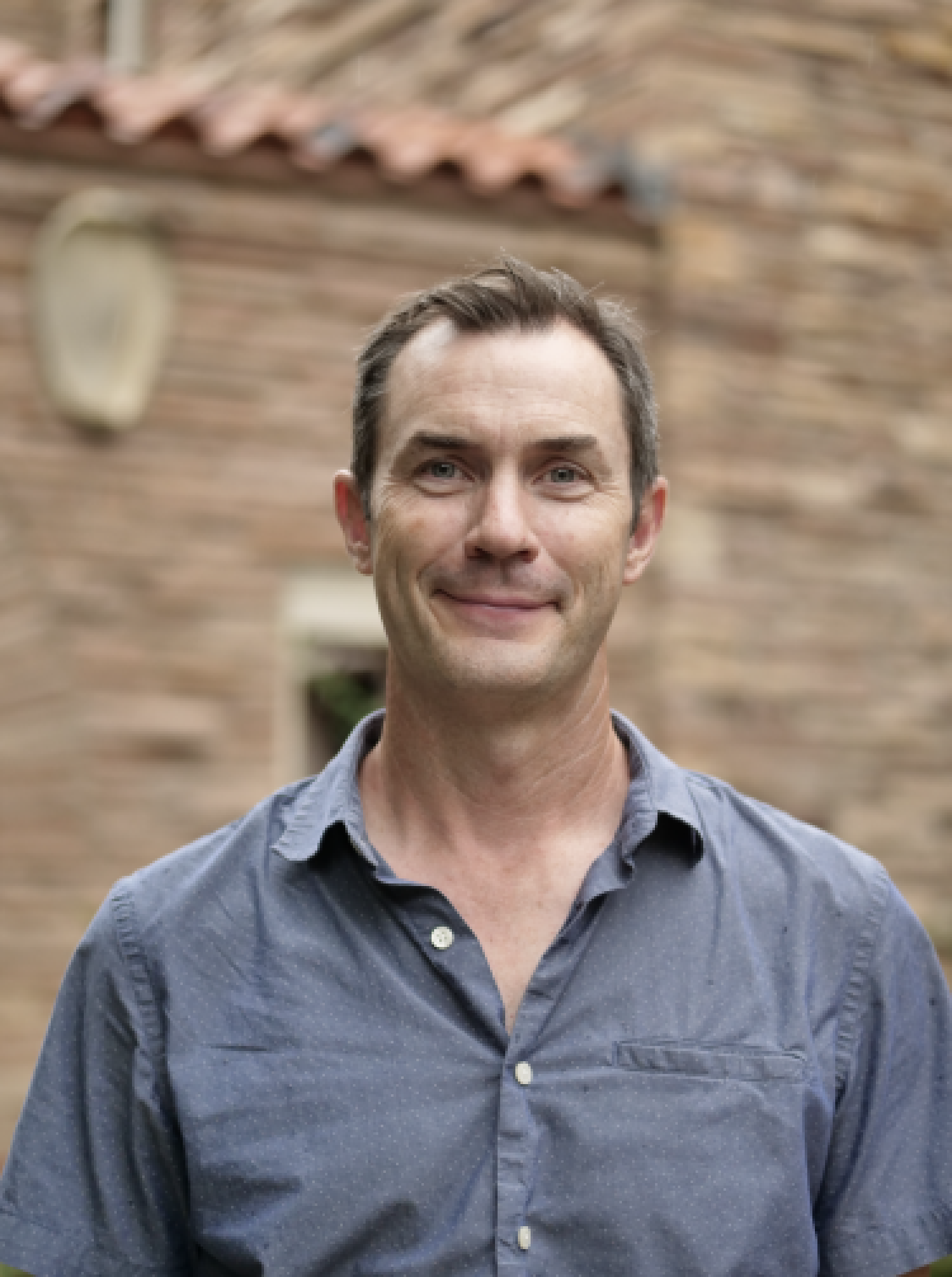Thomas Andrews
- Department of History
- COLLEGE OF ARTS & SCIENCES
Thomas G. Andrews specializes in the social and environmental history of the Rocky Mountain West. The recipient of grants from the U.S. Environmental Protection Agency, The Huntington Library, the National Endowment for the Humanities, the American Council of Learned Societies, and other organizations, he has authored prize-winning articles on assimilation and native resistance in federal day schools for Native American children; intercultural conflict and cooperation between Hispanos and Native Americans on the southern Colorado frontier; and the erasure of labor from Colorado’s leisure landscapes in the late nineteenth and early twentieth centuries.
Andrews’ first book, Killing for Coal: America’s Deadliest Labor War (Harvard University Press, 2008), constitutes the first full-fledged environmental history of labor struggle. Taking as its point of departure the spiraling violence between coal miners and mining companies during the Ludlow Massacre and Colorado Coalfield War of 1913-14, the book probes the origins of fossil fuel dependency in the American West, the role of workplace environments in shaping mine worker solidarity, and the coalescence of migrant laborers from more than thirty nations into a militant fighting force. Killing for Coal has been awarded the George Perkins Marsh Prize by the American Society for Environmental History, the Vincent DeSantis Prize from the Society for the History of the Gilded Age and Progressive Era, the Caroline Bancroft Prize in Western history from Denver Public Library, the Bancroft Prize from Columbia University, and other honors.
Andrews’ next book is An Animal’s History of the United States (under contract with Harvard). He is passionate about educating current and future history teachers, whether through CU programs or Teaching American History grant workshops. He is a regular presenter for the National Center for History Education (NCHE), and has also been involved with the National Center for History in the Schools and the National History Education Clearinghouse. Born and raised in Boulder, Andrews lives in Denver with his wife and his son, Santiago, and daughter, Fiona.



